Humane Education
The Detroit Zoological Society’s education programs foster reverence and respect for wildlife and wild places in learners of all ages.
The Detroit Zoological Society’s Berman Academy for Humane Education was created to help people help animals. We provide invaluable information and tools that empower those around us to make knowledgeable decisions on how to walk softly and treat the Earth’s creatures gently. The Academy is the only one of its kind in any zoo, and is the lens through which all of our education initiatives and activities are developed.
What We’re Doing
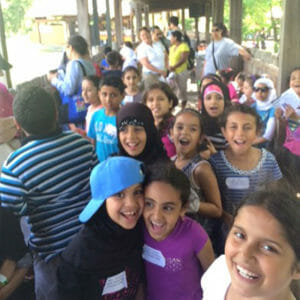
Day at the Zoo
Every child should have the opportunity to spend a day at the Detroit Zoo. Our Day at the Zoo program brings science education and inspirational wildlife experiences to local underserved children. Each year, the generosity of our community helps provide field trips to more than 4,000 students in low-income schools, free of charge. The Zoo’s education staff works with teachers to plan a visit that sparks their students’ imaginations, enhances the classroom curriculum and helps develop a love of animals and an appreciation of nature.
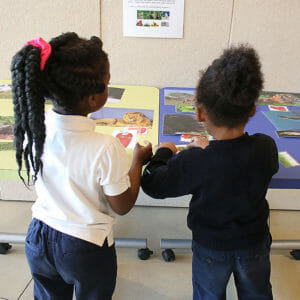
District Partnerships
The Detroit Zoological Society’s Education Department works closely with school districts in Oakland, Macomb and Wayne counties – including Detroit Public Schools Community District, Warren Consolidated Schools and Waterford School District – to collaborate on immersive science programs that complement the classroom curriculum. These district partnerships combine in-class learning with hands-on experiences at the Detroit Zoo, bringing science to life and creating a lasting impact on the students. The programs build science processing skills, expand growing vocabularies, and generate excitement for wildlife.

Children’s Village
Since 2009, the Berman Academy for Humane Education has led a program with Oakland County Children’s Village, which provides secure detention, residential treatment and shelter care services. Our program helps to instill reverence and respect for wildlife and wild places with the teenage boys and girls residing there. We’ve worked with hundreds of teens through the course of this program, and it has been transformational for many of them.
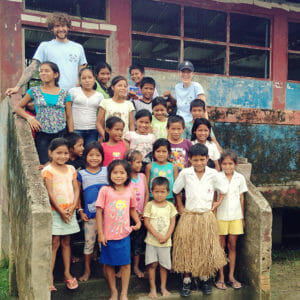
Adopt-A-School
The DZS is preserving the rainforest, one child at a time. Our Adopt-A-School program provides donated educational materials and supplies for schools in rural Amazonia. The DZS has partnered with Conservacion de la Naturaleza Amazonica del Peru (CONAPAC) in this conservation and education program since 1999.
Monetary donations and gifted school supplies allow these children to achieve a basic education and help protect the amazing natural resources of the Amazon rainforest. Creating reverence and respect for the natural world starts in childhood, is reinforced through schools and grows into adulthood. With this education comes empowerment and responsibility to live sustainably in this vital region. The area is rich in biodiversity and culture, and supporting the people who know the rainforest best from living there for generations places them in an unparalleled position to protect the natural resources they depend on for their way of life. By empowering these communities to live sustainably amongst these resources, they become protectors of this essential region.
Berman Academy for Humane Education
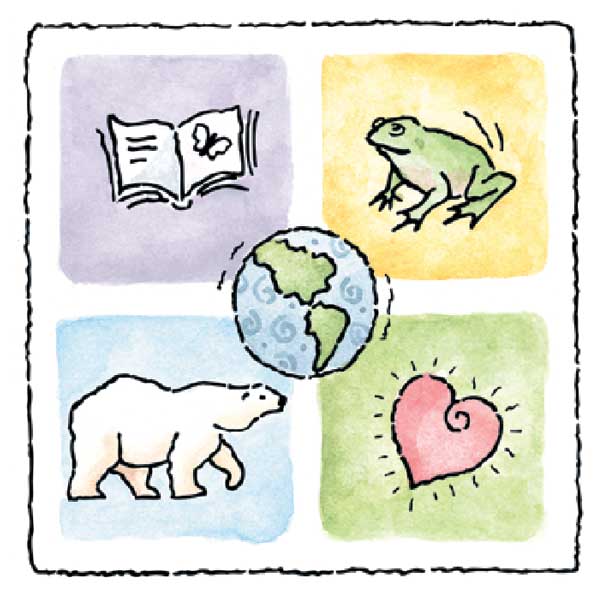
The Berman Academy for Humane Education was created to help people help animals.
The Academy is the only one of its kind in any zoo, and is the lens through which all of our education initiatives and activities are developed.
What Can You Do?
Teach kids about animals. Learning about these creatures enables children to better understand and appreciate them. Outreach programs, such as City Critters, help to promote an ethic of gentleness and empathy toward other living creatures.
- Animal cruelty is an ongoing issue. Most cases are never reported, and most animal suffering goes unrecognized and unabated.
Join/donate to a program that helps to educate and support those living in and around the rainforests.
- Rainforests are an important home to about half of the species of plants and wildlife on the planet.
- Scientists often refer to rainforests as the “lungs” of Earth. The millions and millions of trees in Earth’s rainforests absorb tremendous amounts of carbon dioxide from the atmosphere and produce much of the oxygen humans and animals depend upon for survival. Every year, a section of the rainforest the size of the state of New Jersey is destroyed.
- Rainforests help to stabilize Earth’s climate. Scientists believe carbon dioxide is a major contributor to climate change. By absorbing carbon dioxide, rainforests help to reduce the effects of worldwide climate change.
DZS Blog
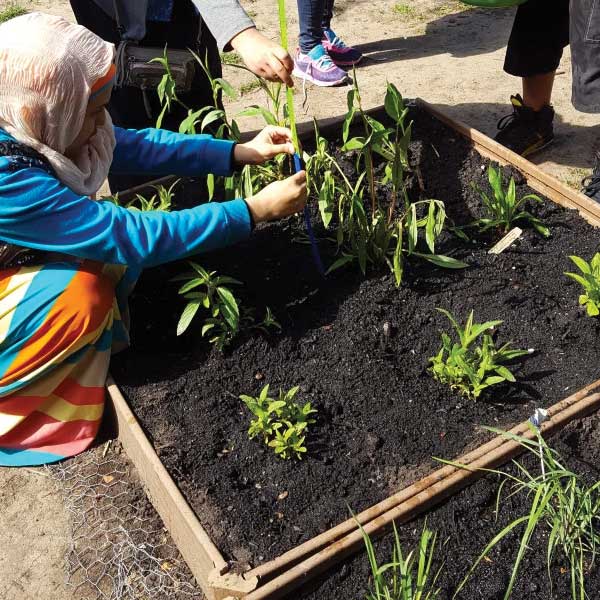
Learn more about humane education on the DZS Blog.

